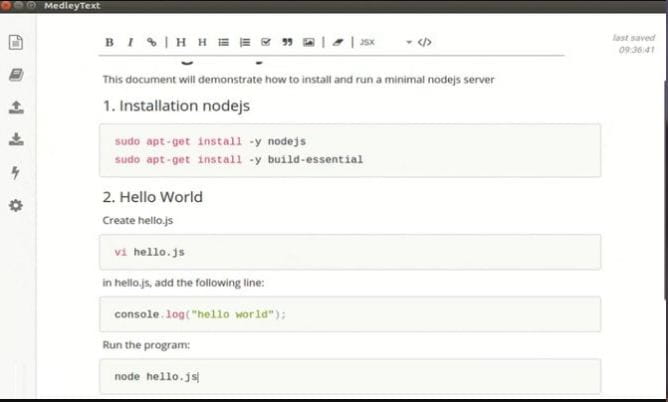

Being multi-commands, you can visit any number of tags, in any order, in a single command invocation. You can use use Icicles multi-commands ‘icicle-search-tag’ and ‘icicle-find-tag’ to do all of what you normally do with a combination of commands `find-tag’, `tags-loop-continue’ (` M-,’), `tags-apropos’, ‘tags-query-replace’, ‘list-tags’, and more.

‘M-x tags-query-replace’ – query-replace through the source files indexed by a tags file.‘M-x tags-search’ – regexp-search through the source files indexed by a tags file (a bit like ‘grep’).‘M-x find-tag-other-window’ – selects the buffer containing the tag’s definition in another window, and move point there.If there are multiple tags in the project with the same name, use ` C-u M-.’ to go to the next match. ` M-.’ ( ‘find-tag’) – find a tag, that is, use the Tags file to look up a definition.Here are the basic tags commands, together with their default key bindings prior to Emacs 25. ` M-?’ ( ‘xref-find-references’) – find all references to the identifier at point.` C-M-.’ ( ‘xref-find-apropos’) – find all meaningful symbols that match a regexp or word list.` M-,’ ( ‘xref-pop-marker-stack’) – jump back.’ ( ‘xref-find-definitions-other-window’) – select the buffer containing a tag’s definition in another window, and move point there. If the backend returns multiple hits with the same name, a window will pop up showing all the hits, use ‘n’ and ‘p’ to navigate and press ‘RET’ to jump to a particular match. ` M-.’ ( ‘xref-find-definitions’) – find a tag, that is, use a tags file to look up a definition.Here are some of the ‘xref’ commands and their default key bindings starting with Emacs 25. For more information about tags and tags tables, see the Emacs manual, node Tags Tables. Not all tags functionality has an equivalent in ‘xref’, and vice versa (not all ‘xref’ functionality uses tags).įor more information about Xref, see the Emacs manual, node Xref. Xref abstracts over multiple identifier-searching backends (one of them being the tags backend). Starting with Emacs 25, the default key bindings for tag navigation were mostly given to Xref, but the tags commands they were previously bound to are still available. Once you have a tags file and you visit it using command ‘visit-tags-table’, you can follow tags (of functions, variables, macros, whatever) to their definitions. Names that are indexed for quick lookup this way are called tags.
#TAGSPACES KEY COMMANDS HOW TO#
See BuildTags for how to build or update a tags file with a command-line program which records where names of different kinds of entities are defined and where they are referenced. This page is about Emacs tags, a facility for recording names and their definitions and later looking up the definitions.


 0 kommentar(er)
0 kommentar(er)
